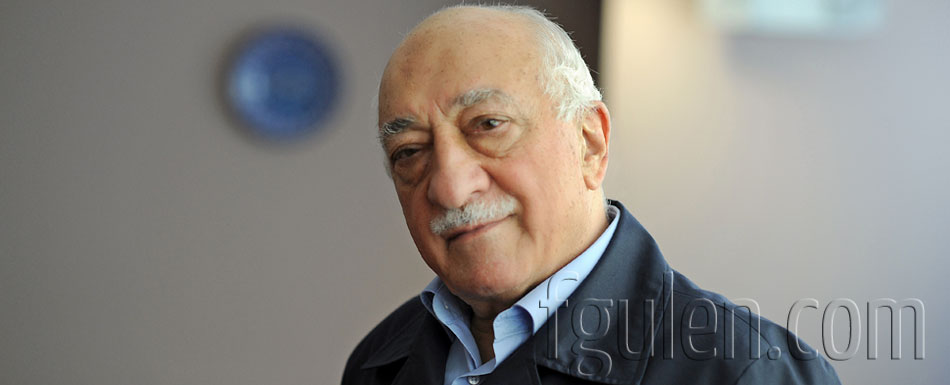Why have some voices in Turkey objected to Fethullah Gülen’s interfaith dialogue activities?

In democracy in general people are encouraged to participate in order to have a voice. However, despite the fact that Turkey is a democratic country, if and when someone other than one of the established actors within the political system does achieve something, the pervasive tendency of the protectionist groups is to start calling for silence, retreat, and isolation. Alternatively, they may try to co-opt the other actor into their fold, rather than supporting communication, inclusion and socialization. They require people to accept the place that the dominant ideology assigns to them and accept the values of the dominant protectionist codes. So, when Fethullah Gülen has met with presidents, premiers, ministers, or other officials or authorities, local or foreign, the reaction of the vested interest groups has been vocal and contentious. To them, Fethullah Gülen’s place is to be a “mere preacher” who must lead prayers but do nothing more. They do not want to understand why he finds himself dealing with cultural and social issues, or why he was accepted as a partner in dialogue by world leaders, such as the late Pope John Paul II, and why others continue to pursue dialogue with him.
- Created on .